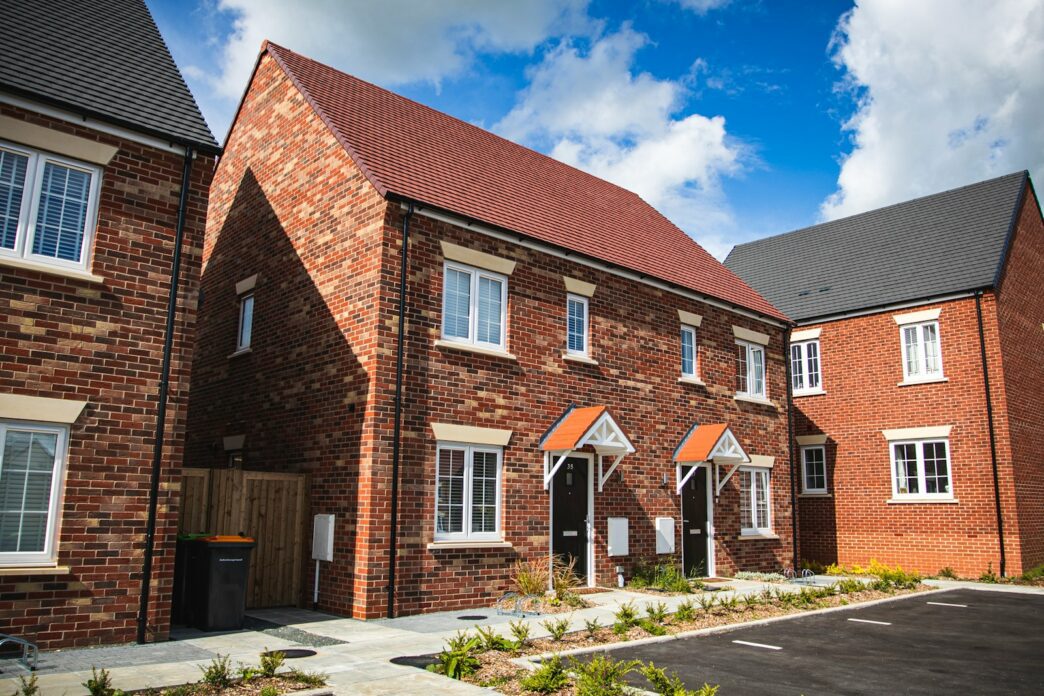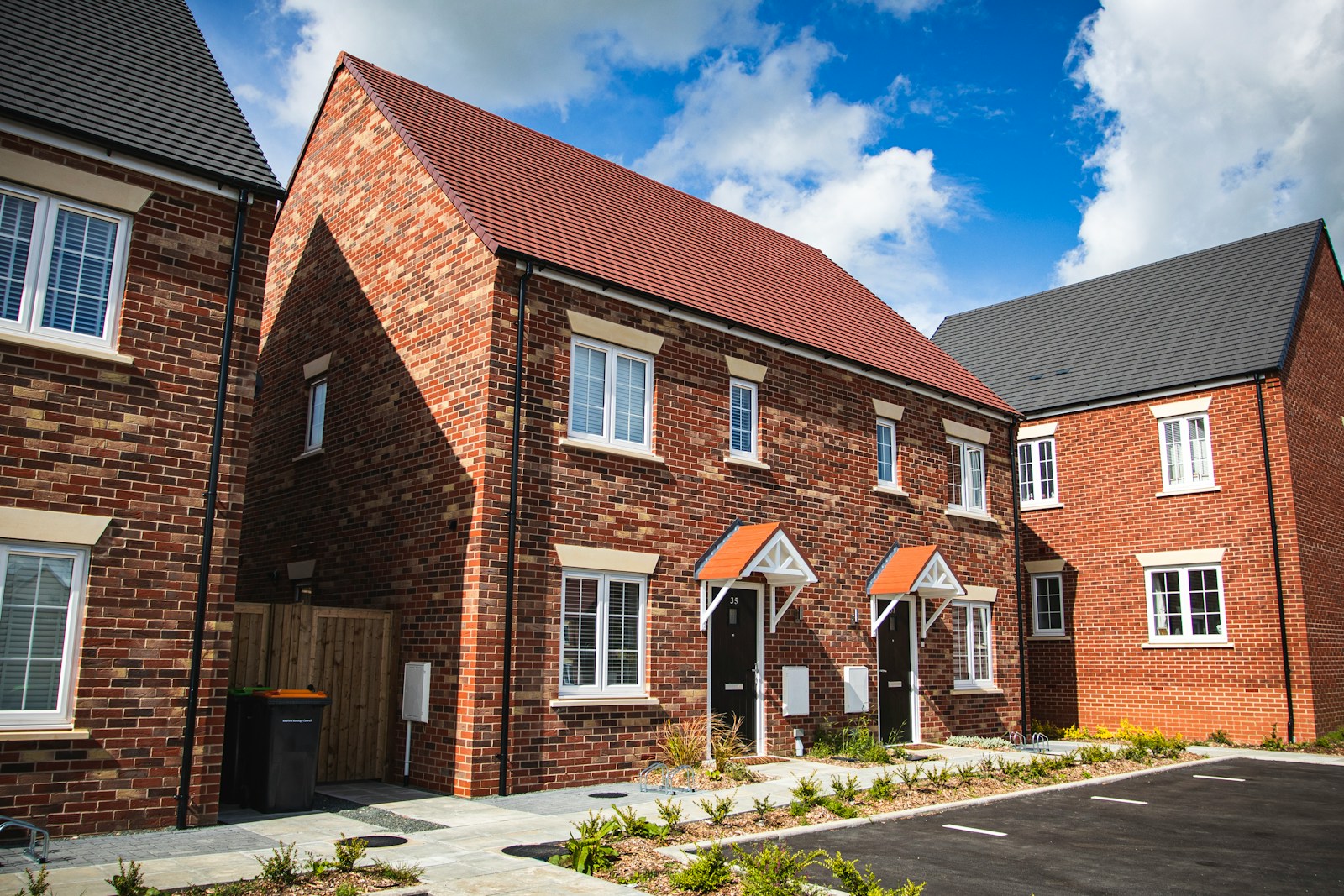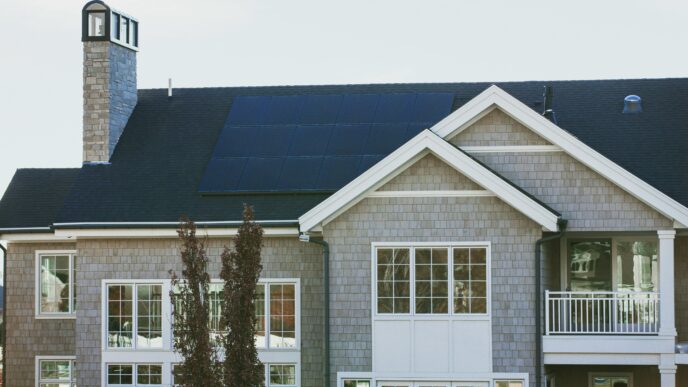The UK government has confirmed that solar panels will become a standard feature on the vast majority of new-build homes in England, forming a core part of its upcoming Future Homes Standard — due to be finalised this autumn.
Announced by the Department for Energy Security and Net Zero, alongside the Ministry of Housing, the policy will require solar to be installed on new homes by default, subject only to practical exemptions (such as significant shading). It’s a move designed to cut household energy bills, boost clean power generation, and reduce the need for retrofitting down the line.
A step forward for energy-efficient housing
Energy Secretary Ed Miliband called the policy “just common sense”, highlighting that rooftop solar could save the average household £530 a year on energy bills. Alongside improved insulation and low-carbon heating (such as heat pumps), solar PV will become a central pillar of new housing developments under the government’s Plan for Change.
The proposed changes will also amend Building Regulations to explicitly include renewable electricity generation — the first time solar has been formally written into housing standards at scale.
“With our plans, people will move into homes that are warmer, cheaper to run, and powered by clean, homegrown energy from day one.”
— Ed Miliband, Energy Secretary
Strong public support — and a clear direction of travel
Public reaction has been largely positive. Many homeowners see this as long overdue, pointing to the missed opportunity of installing solar at build stage — when it’s most cost-effective.
“It’s about time. Why build new homes and not include solar from the start?”
“Had solar fitted 15 years ago. Best investment we ever made.”
Others are already looking ahead, calling for the policy to be extended to commercial buildings, supermarkets, warehouses, and sports facilities — where large roof space often goes unused.
At Futurechange, we share this view. If the goal is to reduce emissions and lower operational costs, the logic for mandatory solar on new homes applies equally to commercial stock. It’s an opportunity to make new retail and logistics spaces more resilient and less reliant on the grid — and to futureproof them against rising energy costs.
A shift that goes beyond solar
This announcement builds on recent planning changes that make it easier to install heat pumps and other low-carbon technologies. Together, these policies are designed to reduce household reliance on fossil fuels and drive a “rooftop revolution” that supports Britain’s energy security and net-zero targets.
The Boiler Upgrade Scheme has also seen record uptake in 2025, and support for smart energy systems — including battery storage and EV charging — is expected to grow alongside these developments.
“Some households could eventually pay nothing for their energy by combining solar, battery storage, and smart tariffs.”
— Nigel Banks, Zero Bills Director, Octopus Energy
Futurechange: Helping the property sector build smarter
The government’s plan gives a clear direction — but we know the ‘how’ is just as important as the ‘what’.
At Futurechange, we help developers, housing providers, and property professionals understand the regulations, evaluate clean energy options, and implement smart, compliant solutions across new-build and retrofit projects. From solar and battery storage to heat pump selection and installer networks, we provide clear, practical support at every stage.
Whether you’re a major developer preparing for the Future Homes Standard, or a housing association looking to retrofit existing stock — FutureChange is here to help you navigate the transition with clarity and confidence.
Contact us directly to discuss how we can support your next project














